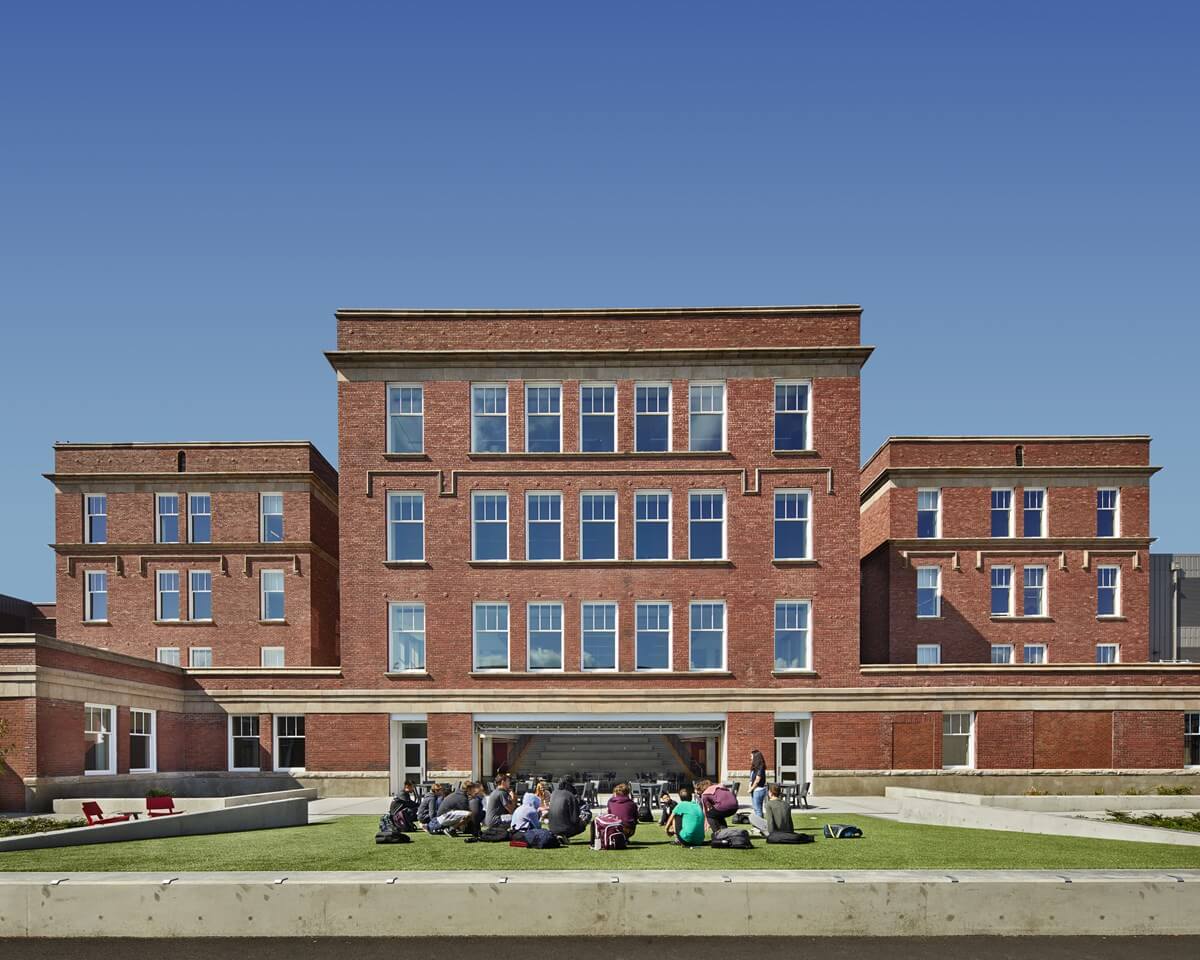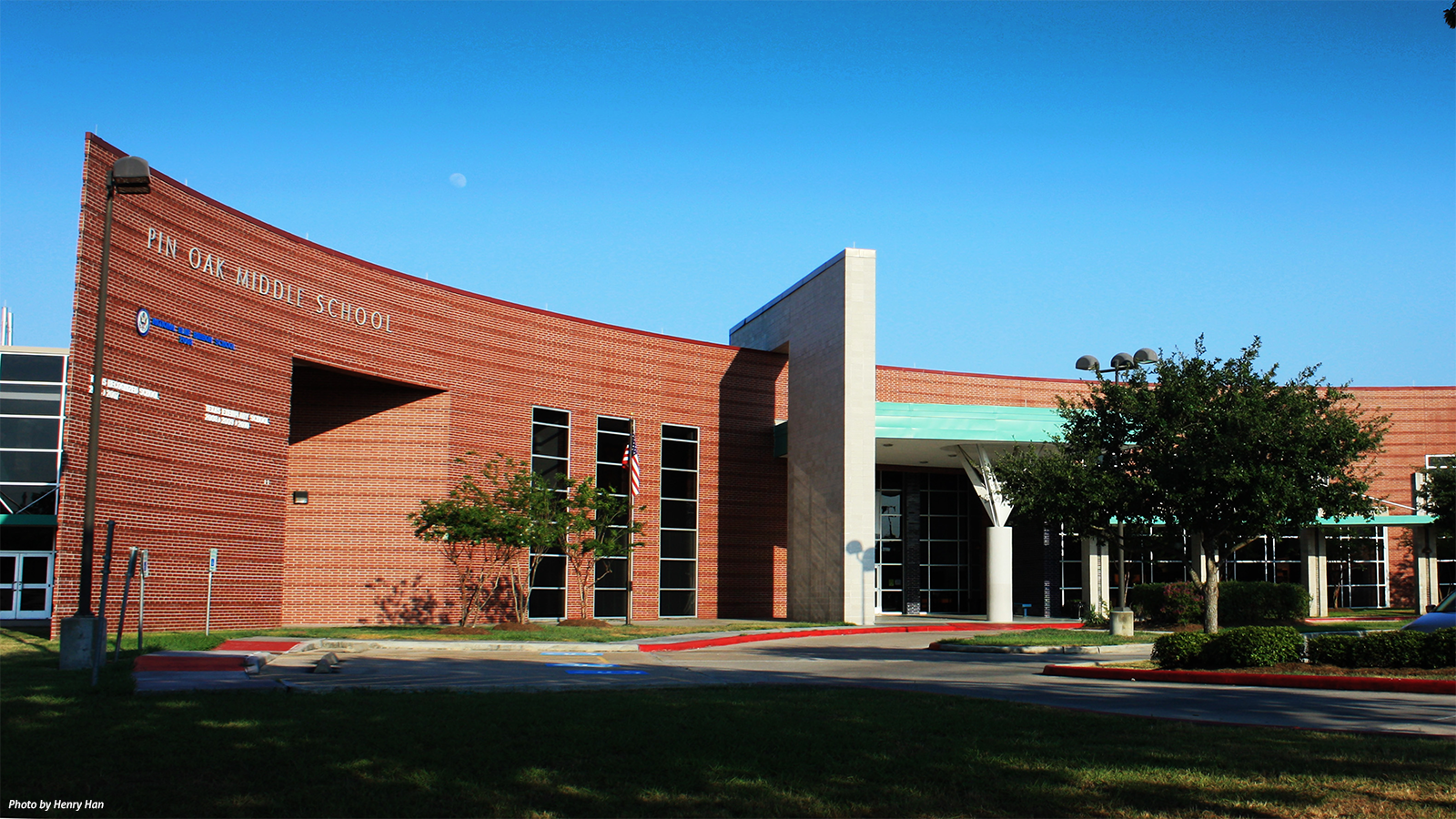Why It's Essential to Rally Together to Save Temecula Schools
Why It's Essential to Rally Together to Save Temecula Schools
Blog Article
Recognizing the Significance of Colleges in Youngster Growth and Neighborhood Development
Colleges' interaction with regional areas via service-learning initiatives enhances the bond between family members and instructional establishments. This symbiotic relationship highlights the value of institutions in nurturing energetic citizenship and long-lasting learning habits.
Academic Success
Academic success works as a foundation of child advancement, providing the structure upon which future understanding and success are constructed. Schools play a critical role in cultivating this academic development, supplying structured environments where children can acquire important expertise and cognitive skills. Standardized educational program ensure that trainees gain efficiency in core topics such as maths, science, and language arts, which are important for both greater education and learning and specialist chances.
Along with giving fundamental scholastic skills, schools also cultivate important reasoning, problem-solving capabilities, and intellectual curiosity. These cognitive proficiencies are essential for browsing complicated real-world situations and adjusting to the ever-evolving demands of the contemporary office. Teachers, as facilitators of knowing, use diverse instructional strategies to satisfy diverse understanding designs, thus optimizing private student capacity.
In addition, scholastic success is closely linked to self-confidence and inspiration. Youngsters who experience academic accomplishments are more likely to establish a favorable self-concept and a long-lasting interest for learning. Colleges likewise offer different resources, such as collections and modern technology, which additionally improve the instructional experience and prepare pupils for a highly advanced society.
Social Skill Development
Beyond scholastic accomplishment, the role of schools in social skill advancement is vital. Schools act as a main venue for kids to learn and practice crucial social abilities such as communication, collaboration, and dispute resolution. In the organized setting of a classroom, students connect with peers, educators, and various other college personnel, providing many possibilities to establish these crucial capacities.
Effective social skill advancement in schools is helped with with team tasks, collective tasks, and extracurricular programs. These communications help students recognize social standards, construct empathy, and cultivate a sense of community. For example, team projects instruct students exactly how to interact in the direction of a typical goal, pay attention to various viewpoints, and browse differences constructively.

The cultivation of social skills throughout academic year lays a foundation for future personal and specialist partnerships. Save Temecula Schools. As trainees grow, the ability to efficiently communicate and team up ends up being increasingly essential, emphasizing the school's important role in all natural youngster growth
Exposure to Variety
Direct exposure to variety in colleges is basic to cultivating an inclusive attitude and widening students' viewpoints. Schools offer as a microcosm of the more comprehensive culture, and experiencing diverse societies, languages, and socioeconomic backgrounds within this atmosphere equips pupils with important skills for browsing an increasingly globalized world. This exposure motivates compassion, decreases bias, and advertises shared respect amongst peers.
Research shows that trainees that engage with peers from varied histories exhibit much better problem-solving abilities and creative thinking. This understanding of diversity prepares pupils for future workplaces that value modern skills - Save Temecula Schools.

Neighborhood Engagement
The benefits of diverse classrooms extend beyond the college walls, promoting a solid sense of community engagement among students. By interacting with peers from different cultural, socioeconomic, and ethnic backgrounds, students acquire a more comprehensive perspective and an appreciation for diversity. This exposure encourages them to end up being active people that agree to contribute positively to their areas.
Colleges that you could look here highlight neighborhood involvement often integrate service-learning tasks, which enable trainees to address real-world issues while applying academic abilities. These jobs not just improve students' understanding of their coursework but likewise instill a feeling of duty and compassion. Partnerships in between institutions and regional organizations give trainees with opportunities to take part in area occasions, even more solidifying their role as aggressive neighborhood participants - Save Temecula Schools.
Additionally, adult and community participation in institutions reinforces the bond between universities and the communities they offer. When schools open their doors to area events, workshops, and volunteer possibilities, they create a collective environment that profits all stakeholders. This shared assistance system guarantees that trainees get all natural development, preparing them to come to be well-rounded individuals who value and contribute to their communities. With these initiatives, institutions play a crucial role in nurturing area engagement and cultivating societal development.
Lifelong Discovering Behaviors
Creating lifelong learning routines is crucial for a child's continuous growth and flexibility in an ever-changing world. Institutions play an essential function in instilling these routines by developing a setting that cultivates inquisitiveness, critical thinking, and a love for knowledge. Via diverse curricula and extracurricular activities, teachers motivate trainees to explore different topics, assess details seriously, and apply their discovering to real-world circumstances.

Additionally, colleges provide a structured environment where children can develop self-control and time monitoring skills, both of which are crucial for continual learning. By emphasizing the value of establishing objectives, assessing development, and adjusting approaches, universities prepare trainees to navigate the complexities of adult life, ensuring they stay lifelong students and factors to society.
Conclusion
In verdict, institutions are vital redirected here in fostering youngster growth and neighborhood development by offering environments helpful to academic achievement, social ability advancement, and exposure to diversity. Inevitably, institutions grow lifelong learning habits, outfitting individuals with the required knowledge and skills to add favorably to culture.
In the structured atmosphere of a class, trainees connect with peers, instructors, and various other institution personnel, offering countless opportunities to create these crucial capabilities.
In significance, exposure to diversity within institutions not just enriches private pupils yet also strengthens the social textile of the community as a whole.
The benefits of varied class expand beyond the institution walls, promoting a solid feeling of area interaction amongst trainees.Colleges that emphasize community interaction commonly incorporate service-learning jobs, which permit pupils to address real-world problems while applying academic skills. Collaborations in between schools and neighborhood companies provide students with opportunities to get involved in area occasions, better strengthening their duty as aggressive community members.
Report this page